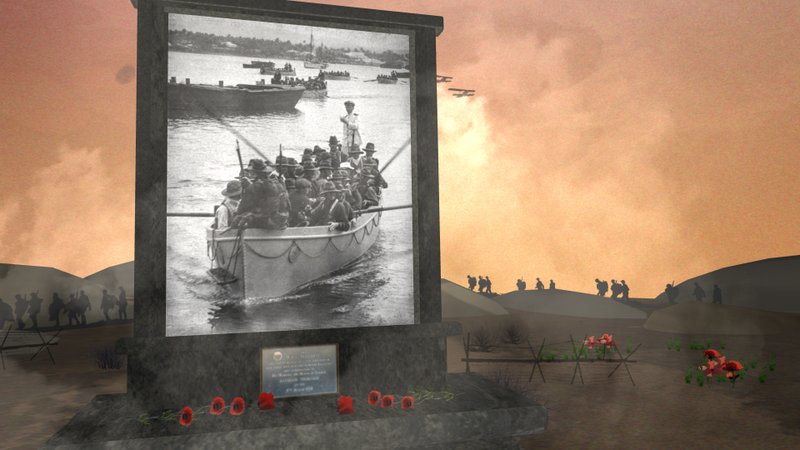Māori and Pacific Great War Stories for Māori Television
More than 2000 Māori volunteered for the First World War. They were joined by 460 Pacific Islanders. All were sent overseas as labourers but as the death toll rose among the troops they were called into active service. In 1917 conscription was imposed upon iwi refusing to go to war.
Iwi leaders, Te Puea Herangi, a relative of the Maori King, and Maui Pomare, MP for Western Maori, had very different views on Māori involvement in the war.
Te Puea staunchly opposed conscription brought in by the Government to force Waikato and Maiopoto iwi to send troops. There was an angry exchange of telegrams between Te Puea and Maui Pomare.
Te Puea: “They tell us to fight for King and Country. We’ve got a King but we haven’t got a country. You can give us back our land and then maybe we’ll think about it”
Maui Pomare: “Like a Rangatira permit the youth to go.”
Other stories include Gallipoli sniper Hami Grace. His diary held in the Wellington College archives gives a vivid description of the horrors of the Gallipoli campaign in 1915.
We tell the sad story of Victor Spencer’s execution for desertion. He survived Gallipoli and on the Western front, suffering from post-traumatic stress, was court martialed.
He was one of five shot at dawn by the New Zealanders.
New Zealand’s first action in the First World War was the ‘invasion’ of Samoa. One of the last actions was to allow a ship carrying passengers with influenza to land in Apia. A third of the population was dead within weeks.
Rikihana Carkeek, part of the original Native Contingent, survived the First World War, returned to Otaki, was father to 11 children and became an interpreter for the Maori Land Court.
Falaoa was Niuean, one of 150 men uplifted from the island and sent to the Europe as labourers. Some died of disease on the way. Falaoa survived thanks to a missionary who had spent many years on Niue.
Producer, director Anna Cottrell calls these short films about New Zealanders in the First World War, ‘Haiku’ documentaries. In the five series of Great War Stories, she has produced 35 stories about individuals caught up in the terrible events of the war, men, women – Māori, pakeha, Pacifica. “It has been such a privilege to meet families who have looked after letters, diaries, photos and stories of their ancestors for 100 years. And our archives have a treasure trove which the curators have cared for and restored.”
Thanks to the Ministry for Culture and Heritage they are available on the NZ History site: nzhistory.govt.nz/war/great-war-stories

